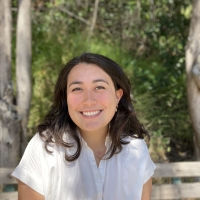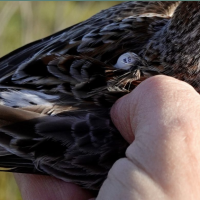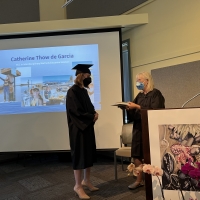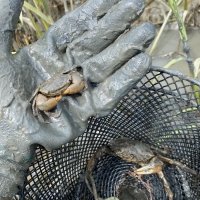Be the Change: Researchers Reflect on Racism

After a couple of weeks of exchanging reading lists and email conversations, and participating in a campus-wide Town Hall discussion with the Estuary & Ocean Science Center, five of the San Francisco Bay NERR staff held the first of a series of meetings about how we can “be the change we want to see in the world”. In preparation, we read an article by K.D.R Howley about how bias prevents advancement in science for underrepresented students. Four of the five us are women working in science, so we found a lot we could relate to in the article, and also developed a deeper appreciation for the privileges we’ve experienced and the discrimination to colleagues that we may have been unaware of. We created a list of short and long-term actions we can take in our roles at the NERR. The easiest of those actions is to share the resources that prompted us to think deeply and relate to our mission of understanding the estuaries. These are the resources we will discuss and reflect on together over the next few weeks.
- Read the Call to Action for an Anti-Racist Science Community and follow their advice to Listen, Act, and Lead.
- Listen to Broad Science talk with Corina Newsome, a co-organizer of the recent #BlackBirdersWeek and a graduate student studying birds in coastal marshes at Georgia Southern University, or read an interview with Corina Newsome and Science. Follow #BecauseofBlackBirdersWeek to hear about the impacts of Black Birder’s Week.
- Reflect on Environmentalism’s Racist History by reading the New Yorker article by Jebediah Purdy. Discuss how we can support organizations that are fighting for environmental justice and/or helping Black, Indigenous, and People of Color learn about enjoy nature, like these.
- Read What Does It Take To Make An Institution More Diverse by Virginia Gewin, published in Nature, and then draft a framework for how we can diversify our staff thoughtfully and successfully.
Some of our longer-term actions are inspired by our colleagues at GTM Reserve in Florida. A couple of years ago they embedded diversity, equity, and inclusion into the heart of their programming, shared their successes and mistakes openly with NERRS at meetings, as well as with their community through Facebook, and serve as role models for how we can offer programs that explicitly welcome people into the San Francisco Bay NERR.



